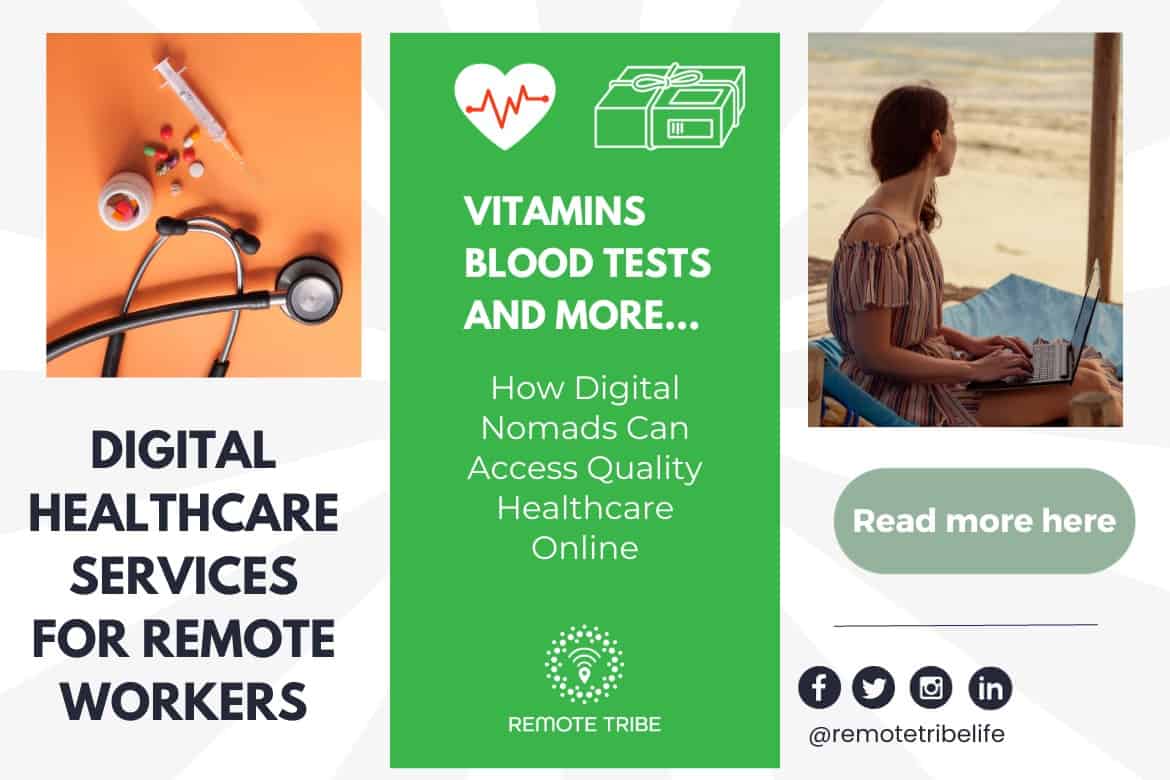Subscription Based Healthcare: Changing the Method We Consider Health
Subscription Based Healthcare: Changing the Method We Consider Health
Blog Article
How Subscription-Based Medical Care Is Transforming the Clinical Market

The Rise of Subscription Medical Care
In the last few years, the health care market has seen a considerable change in the direction of subscription-based versions, mirroring wider customer patterns favoring benefit and predictability. This improvement is driven by the enhancing demand for more customized and easily accessible care solutions. Membership health care, in some cases referred to as concierge medicine or straight medical care, uses patients a set regular monthly charge for a series of clinical services, substantially changing standard fee-for-service designs.
The rise of registration medical care is helped with by developments in modern technology, which make it possible for structured interaction between clients and service providers - subscription based healthcare. Digital platforms and telehealth solutions have come to be indispensable, using patients the capacity to schedule visits, access clinical records, and obtain examinations online. This technological assimilation not only boosts client engagement yet also enables providers to supply much more reliable care
In addition, the registration version straightens with the advancing expectations of patients that seek more control over their healthcare expenses and experiences. While this model is getting grip, its spreading encounters obstacles such as regulatory hurdles and the necessity for broader acceptance within the standard health care environment.
Benefits for Individuals and Service Providers
Subscription-based medical care offers a wide variety of advantages for both individuals and suppliers, improving the dynamics of clinical care. For clients, this model supplies improved access to medical care services.
For health care service providers, subscription-based models cultivate a more sustainable and satisfying technique. Administrative jobs are frequently structured, decreasing overhanging expenses and permitting carriers to dedicate even more time to client interaction. Generally, subscription-based medical care straightens the rewards of suppliers and individuals, promoting a much more patient-centered and reliable healthcare distribution system.
Key Functions of the Model
Frequently, the crucial attributes of the subscription-based healthcare model highlight its distinct method to delivering clinical solutions. Central to this version is the concept of predictable, monthly settlements, offering patients an extensive series of solutions without the unpredictability of conventional fee-for-service frameworks. This model usually includes unlimited access to primary treatment services, preventive care, and routine check-ups, making sure that patients can involve with their medical care companies proactively instead than reactively.
In addition, straight interaction channels, such as telemedicine and messaging platforms, are highlighted, enabling clients to receive prompt suggestions and appointments without requiring in-person consultations. This enhances availability and comfort, especially for individuals with movement constraints or those residing in remote locations. The version likewise fosters stronger doctor-patient partnerships, as medical care suppliers are incentivized to concentrate on long-term health end results as opposed to short-term visits.
Moreover, subscription-based medical care frequently integrates technological advancements, such as electronic health documents and wellness surveillance apps, to provide customized and efficient treatment. Individuals benefit from worked with and constant treatment monitoring, which is customized to their particular wellness requirements. Eventually, these functions collectively produce a patient-centered healthcare experience, focusing on access, expense transparency, and precautionary care.

Obstacles and Factors To Consider
While the subscription-based healthcare version provides many advantages, it is not without its obstacles and factors to consider. Membership versions may accidentally favor those with higher socioeconomic standing, possibly expanding disparities in health care accessibility for lower-income people who might struggle with regular monthly charges.
An additional challenge depends on regulatory compliance. Subscription-based health care has to navigate a complex web of guidelines that differ by area, consisting of issues around client privacy, data security, and state licensing needs. Making sure conformity without restraining the version's flexibility and advancement can be discouraging for service providers.
Furthermore, there is the danger of overutilization or underutilization of services. Patients paying a repaired fee might overuse services, resulting in enhanced functional costs, while others may underutilize because of fear of burdening the system, potentially overlooking necessary find care.
Future Prospects and Innovations
The landscape of subscription-based healthcare is poised for transformation through emerging developments and progressing prospects. As innovation remains to advancement, the integration of expert system and artificial intelligence presents substantial possibilities to improve diagnostic accuracy and simplify individual administration. Predictive analytics can reinvent preventative care by identifying possible health and wellness dangers before they show up, consequently decreasing both prices and the burden on health care systems.
Furthermore, telemedicine is readied to broaden within subscription versions, offering people enhanced accessibility to medical care specialists despite geographical restrictions. This not only facilitates connection of care yet likewise encourages people to involve more actively in their wellness administration. In addition, blockchain technology offers potential in protecting person information and ensuring interoperability throughout systems, fostering trust fund and openness.
The development of individualized medication is another frontier, with subscription designs providing useful source an one-of-a-kind framework for delivering customized health services. Hereditary screening and individualized treatment plans can be effortlessly incorporated, aligning person needs with particular clinical treatments. Partnerships between tech business and health care service providers are likely to produce ingenious services, improving person experiences and outcomes. As these prospects materialize, subscription-based healthcare has the potential to redefine exactly how care is delivered and accessed.
Verdict
Subscription-based medical care is changing the medical industry by offering a more accessible, foreseeable, and patient-centered technique to medical services. This model enhances patient-provider partnerships, makes sure monetary openness, and highlights preventive treatment with limitless examinations and telemedicine. In spite of challenges such as regulatory difficulties and possible differences in accessibility, the membership version holds pledge for a more customized and efficient healthcare experience. As innovation developments, additionally developments are most likely to deal with existing challenges and enhance healthcare shipment.
Registration healthcare, in some cases referred to as attendant medication learn the facts here now or direct primary care, supplies patients a fixed regular monthly cost for a variety of clinical services, considerably changing standard fee-for-service models.
Additionally, the registration version aligns with the developing expectations of clients that look for even more control over their health care expenditures and experiences. For individuals, this version gives boosted accessibility to health care solutions. Generally, subscription-based health care lines up the rewards of providers and patients, advertising an extra patient-centered and efficient healthcare distribution system.
In addition, telemedicine is established to broaden within membership designs, offering clients enhanced access to medical care professionals no matter of geographical restraints. - subscription based healthcare
Report this page